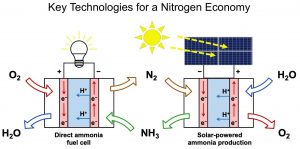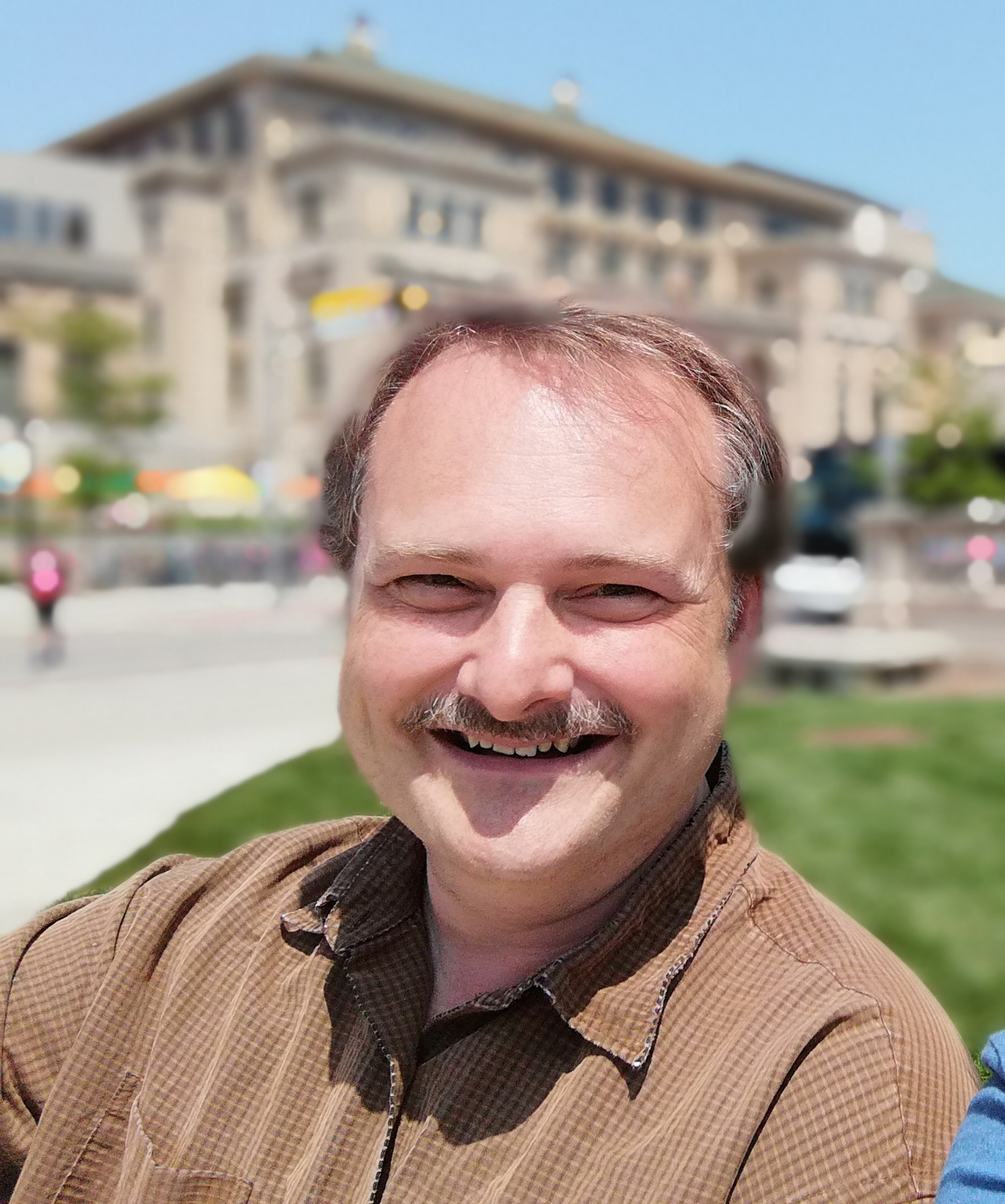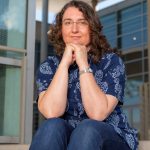About the Seminar:
Ammonia has arisen as an attractive potential large-scale energy carrier due to its improved storage and transport over hydrogen, provoking calls to explore a potential Nitrogen Economy. Two fundamental technologies are needed in order to realize a zero-carbon nitrogen energy economy: (1) Ammonia synthesis from solar electricity, and (2) high-performance direct ammonia fuel cells. Both are mechanistically challenging multi-proton, multi-electron transformations, prompting investigations into the fundamental coordination chemistry and reactivity of ammonia with transition metals. We report unusual reactivity of ammonia with metal-metal bonded compounds that results in the spontaneous metal-centered reduction and oxidation of ammonia to dinitrogen. Mechanistic aspects of this chemistry will be presented as well as results on electrocatalytic oxidation of ammonia to dinitrogen.

About the Speaker:
John was born in Atlanta, GA and grew up in Newport News, VA. He attended Virginia Tech from 1996 – 2000 where he obtained two degrees: a BA in music theory and composition, and a BS in chemistry. John then pursued graduate education in chemistry, attending Texas A&M University from 2000 – 2004 where he worked as an NSF Graduate Research Fellow in the research group of Prof. F. Albert Cotton. His graduate work involved synthetic and experimental studies to elucidate the electronic structure and metal-metal bonding in linear trinuclear molecules that serve as models for molecular wires. John then did postdoctoral work in Germany on a fellowship from the Alexander von Humboldt Foundation. From 2004 – 2006, he worked with Prof. Karl Wieghardt at the Max Planck Institute for Bioinorganic Chemistry in Mülheim an der Ruhr, Germany, on new electrochemical and photochemical routes to unstable high-valent iron intermediates. In 2006, John joined the Department of Chemistry at the University of Wisconsin – Madison, where he has established a vibrant research program tackling fundamental problems in coordination chemistry and bonding. His research involves what he describes as “non-classical” coordination chemistry, the chemistry of compounds that include metal-ligand and/or metal-metal multiple bonding. He was promoted to Associate Professor in 2012, full Professor in 2015, and in 2016 John was appointed the Lester R. McNall Professor of Chemistry. John’s honors include the Enrst Haage Prize (first recipient, 2006), an NSF CAREER Award (2008), an Alexander von Humbold alumni fellowship (2015), the Vilas Faculty Mid-Career Investigator Award (2016), the H. I. Romnes Faculty Fellowship (2017), and election as a Fellow of the American Association for the Advancement of Science (AAAS) (2018), along with two university housing awards for teaching. John is a member of the American Chemical Society, AAAS, and is a Fellow of the Wisconsin Initiative for Science Literacy. He has served on the editorial board of Inorganic Chemistry, is currently editing a volume of Comprehensive Coordination Chemistry III, and is Deputy Editor in Chief for Comments on Inorganic Chemistry.
Outside of chemical research, John enjoys writing music, focusing particularly on chamber music. He has had several pieces performed, including Dances for String Quartet (1998), Sonata for Piano (2000), Sonata for Violincello and Piano (2000), Sonata for Tuba and Piano (2009), Sonata for Violin and Piano (2014), and Three Petrarchian Sonnets (2019). John plays violin, viola, and piano.



